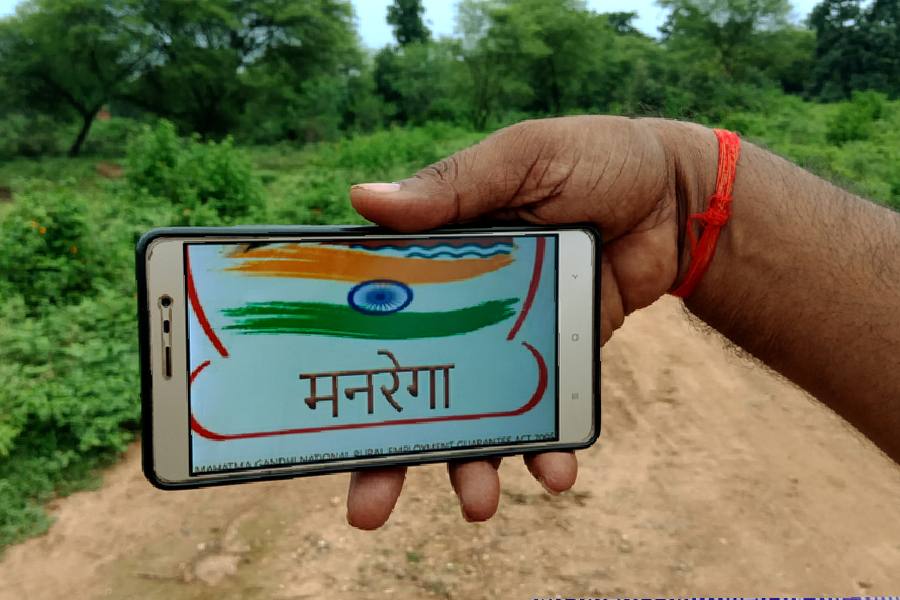Competitive politics may testify to the deepening of democracy. But it need not be a measure of the moral depth of a democracy. The tussle over the Mahatma Gandhi National Rural Employment Guarantee Act, which seeks to give rural families 100 days of paid, unskilled work per year, between the Bharatiya Janata Party-led government at the Centre and its rival, the Trinamool Congress, Bengal’s ruling regime, is a case in point. The Centre had exercised its powers under Section 27 of the MGNREGA to stop sending funds to Bengal: it argued that the programme had been blighted by numerous irregularities, including bogus beneficiaries. The matter went to court and the Calcutta High Court, in a reasoned judgment in June, had asked for the MGNREGA’s resumption in the state. Strikingly, the high court had observed that irregularities may persist but that cannot be the grounds to stop an entire welfare initiative; it also gave the Centre the freedom to investigate the alleged transgressions. Yet, an obdurate Centre appealed in the Supreme Court. Here too, its appeal was dismissed,
clearing the decks for the MGNREGA to resume in a state where thousands of families are reliant on its benefits.
The denial of Central funds for the MGNREGA is a political hot potato in Bengal. Buoyed by the Supreme Court’s order, the TMC will undoubtedly try to corner the BJP on the matter before the assembly polls. But the battle may not be over yet. The TMC has alleged that the Centre owes Bengal a sum of Rs 1.16 lakh crore for the scheme since April 2022. It remains to be seen whether the Centre will comply with this demand. Another round of litigation cannot be ruled out. The Bengal government also has its task cut out. Its principal responsibility entails ridding this welfare initiative of its warts — be they corruption, discrimination along party lines, unjust claimants and so on. The politicisation of welfare programmes often makes them inaccessible to people, especially those who do not support the party in power. The MGNREGA should not be allowed to fall into this trap. Now that it is likely to restart, another relevant issue needs redressal. As has been pointed out by civil society organisations, there is a need for the state personnel to train themselves in the new technologies that have been introduced while the MGNREGA was in deep freeze: otherwise, bottlenecks may adversely impact the endeavour’s reach and accessibility.










